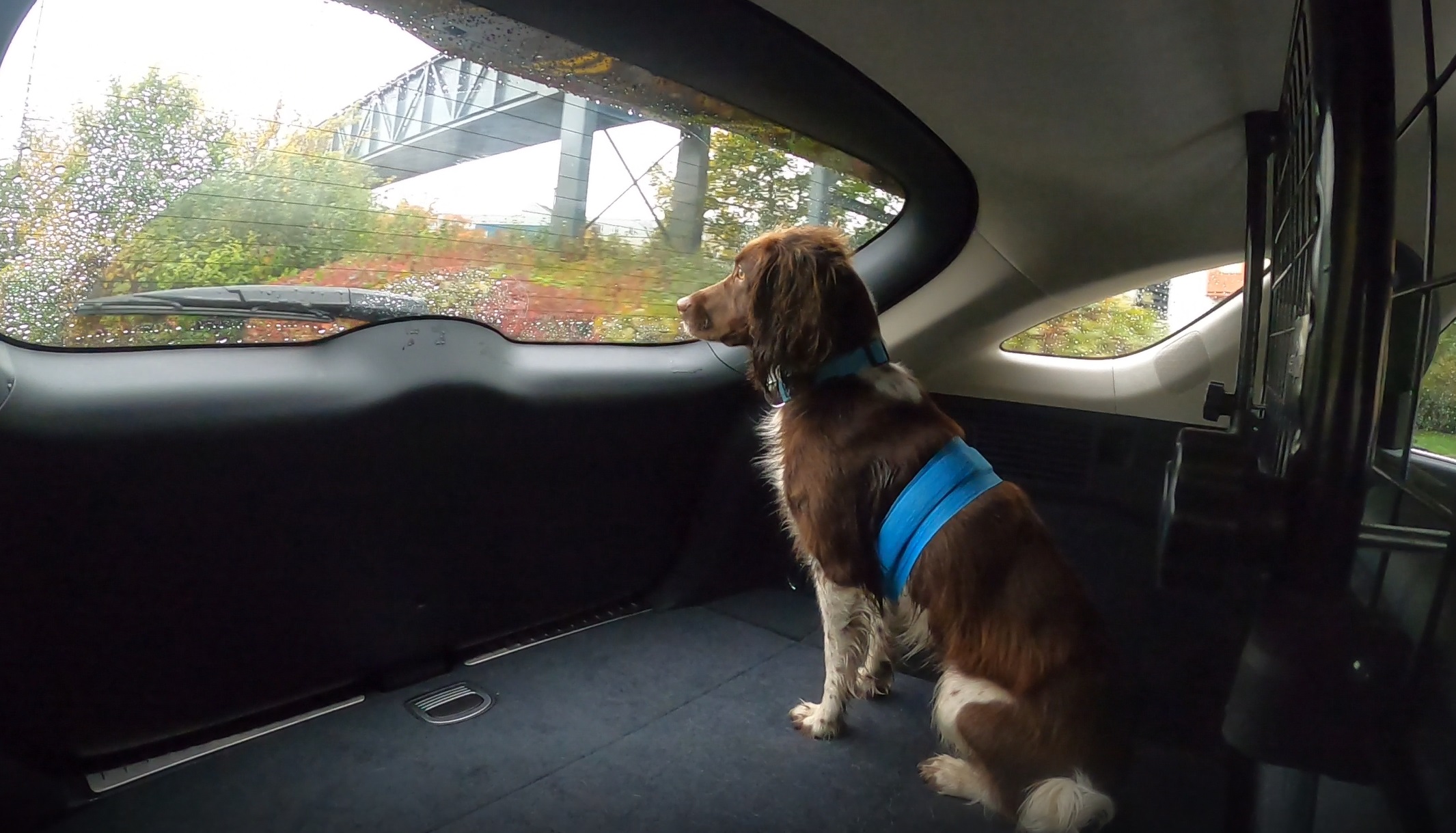Preliminary study comparing dogs’ responses to travel in electric cars
Main Article Content
Abstract
Many dogs (Canis lupus familiaris) will travel in a car at some point in their life, which may be stressful for some of them and can lead to a range of potentially problematic responses. Electric vehicles are noticeably quieter than ones with internal combustion engines but there are no studies on their effect on dogs. Therefore, the aim of this study was to undertake a preliminary examination using a mixed methods approach to identify potential issues worthy of further investigation by comparing the dog’s behavioural and physiological (heart rate) responses when travelling in these two types of car. 20 dogs undertook the same ~10 minute journey twice, once in each of the vehicles. The behaviour of dogs was affected by the type of vehicle that they travelled in, with dogs appearing to be behaviourally more restless in the diesel vehicle than the electric one, indicated by shorter bouts of lying relaxed and alert. In a clinical assessment of individual dogs, we noted that two dogs appearing to suffer from nausea seemed to show potential improvements associated with travel in the electric vehicle.
Downloads
Article Details

This work is licensed under a Creative Commons Attribution-NonCommercial-ShareAlike 4.0 International License.
Authors will be the copyright proprietor of their own work although they have accepted to use a creative common license, specifically CC-Attribution-NonComercial-ShareAlike_4.0

